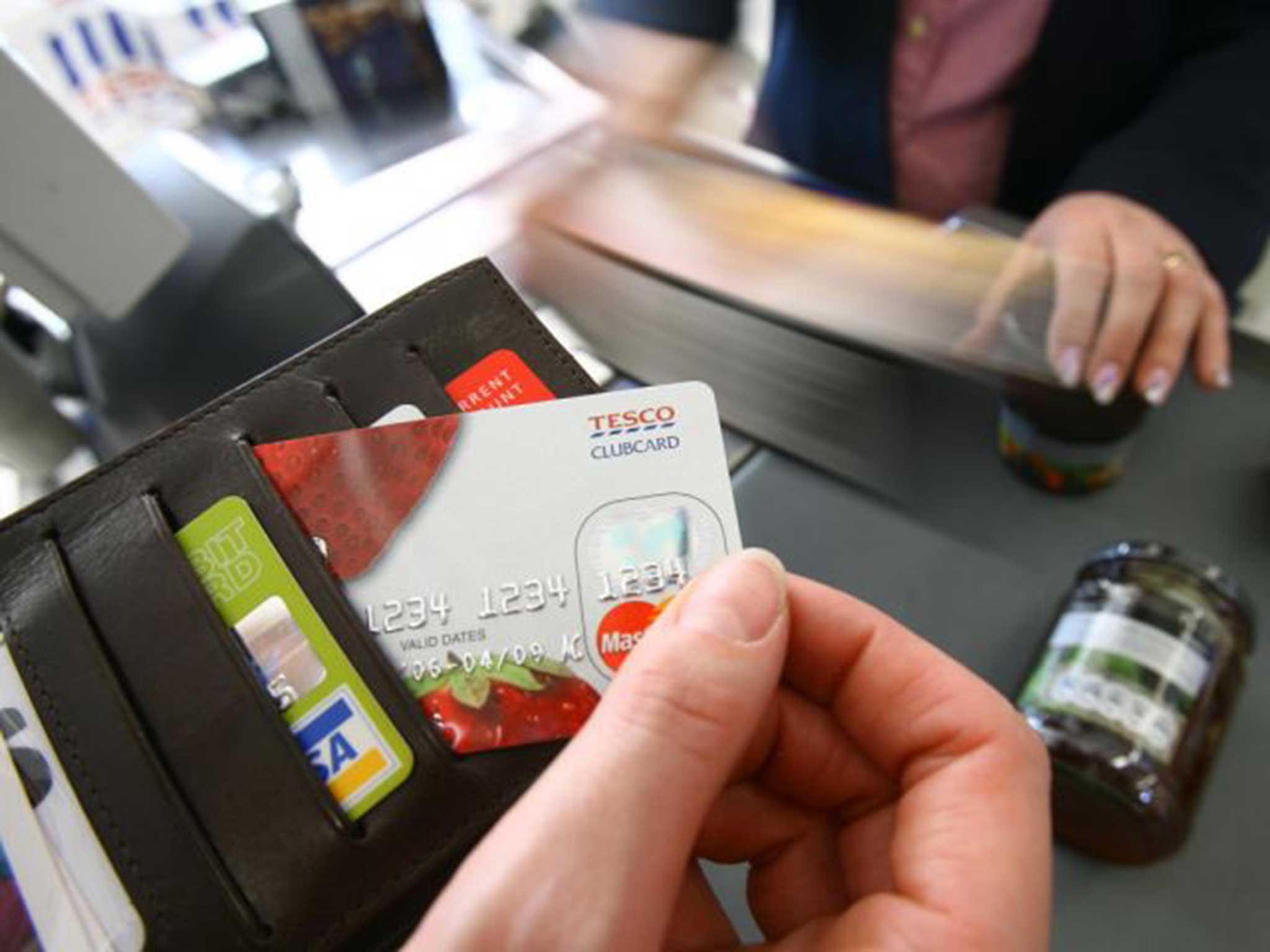2million hit by unexpected sneaky payments from their account
The continuous payment authorities which give companies the right to raid your account are often hidden in the small print

Been offered a free trial of slimming pills or super-looking discount on beauty treatments? It’s likely to be a way to trick you into unknowingly agreeing to a series of payments to be taken from your debit or credit card.
Known as continuous payment authorities they’re used for buying products online such as e-book subscriptions or video streaming.
But more than 2 million people have had difficulty cancelling the subscriptions, warns Citizens Advice.
Details of the ongoing payments can be hidden within terms and conditions. Sellers often sneakily get hold of debit or credit card details by asking people to pay for postage or packaging.
Four in five of those who had a problem didn’t realise they had signed up to the payments until money was taken from their accounts. A typical payment was around £80 but some lost hundreds of pounds because they didn’t cancel quickly.
According to the UK Cards Association consumers can cancel recurring payments with their seller or with their credit or debit card issuer. But Citizens Advice warns that many people have difficulties getting the payments cancelled.
Eight per cent of adults who tried to cancel a repeat service or subscription had their request refused by their bank or card issuer or by the seller, according to the charity’s research.
Citizens Advice is calling on credit and debit card issuers to tell people when a recurring payment is taken giving them the option to cancel or dispute the payments.
“People are trapped into losing hundreds of pounds because they can’t cancel payments,” said Citizens Advice chief executive Gillian Guy.
“All too often card companies and sellers are standing in the way of people ending recurring payments because they wrongly refuse to cancel. In some cases misleading advertising has meant people didn’t know they had signed up to payments which were buried in the small print.”
People should be told the exact amount they will have to pay when they are signing up to recurring payments, said the charity.
Subscribe to Independent Premium to bookmark this article
Want to bookmark your favourite articles and stories to read or reference later? Start your Independent Premium subscription today.

Join our commenting forum
Join thought-provoking conversations, follow other Independent readers and see their replies